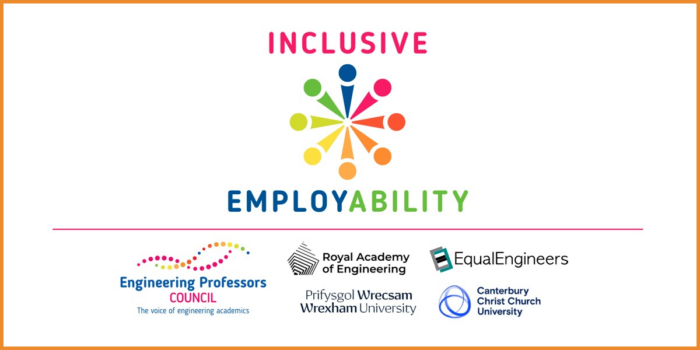EPC 20th Anniversary Award Winner Laura Pickard’s winning essay was featured in The Engineer, 28 April, 2014. You can read the article here.

Laura Pickard in The Engineer, 28 April 2014
Subscribe
Login
Please login to comment
0 Comments



